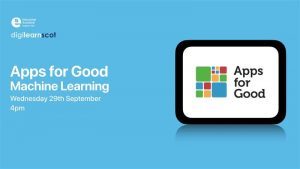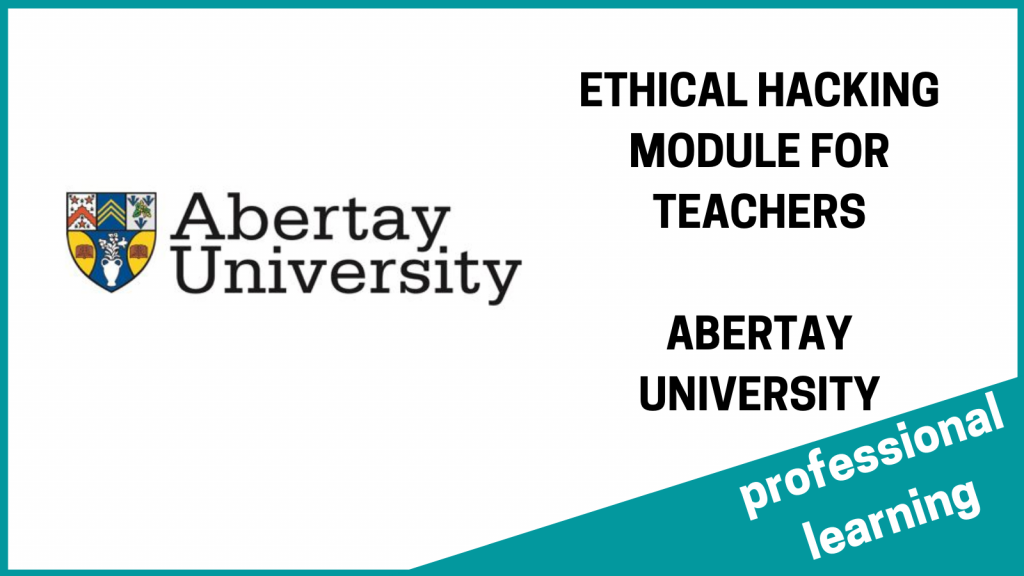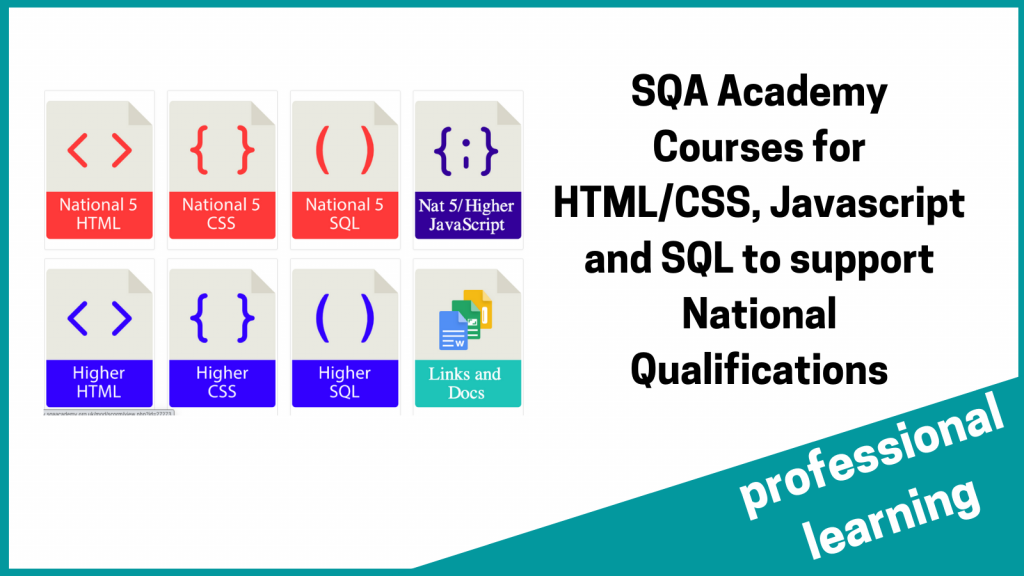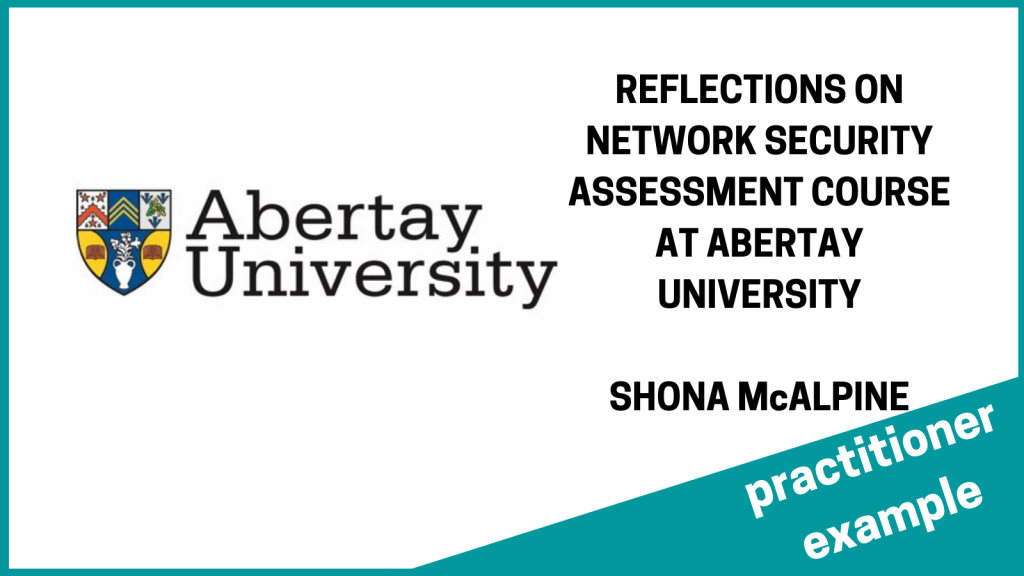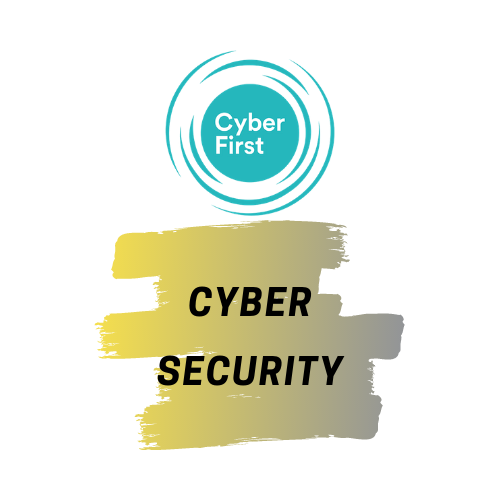The CPD award Introduction to Cyber Security was created for ALL primary and secondary teachers and designed to give background knowledge and understanding related to teaching basic cybersecurity and configuring an environment suitable for cybersecurity education.
The module allows you to get a basic practical understanding of cybersecurity and cyber resilience and the relationship between these two areas of security. This will enable you to have the awareness and confidence to support pupils and create practical activities and content. The module content is levelled at SCQF 7 however is appropriate for teachers delivering to BOTH primary and secondary pupils.
The module will be delivered over 14 weeks and the semester will start week beginning 23rd January 2023 with an online induction and initial lecture.
With the support of Education Scotland, we have funding for teachers to enrol on the module. The usual cost of the module would be £215. It is recommended you apply as soon as possible as the funding will be allocated on date of application.
The courses are open to any teacher with the relevant entry qualifications (degree and existing teaching qualification) who have an interest in computing or cyber security.
There is normally a weekly lecture and support session that lasts for approx. an hour, or more if required, with further e mail support available. The sessions are certainly beneficial as they allow you to ask questions there and then.
However, the course is designed to be taught when is convenient for all the students and all lectures and tutorial session are recorded for viewing at your leisure.
No time off will be required during the school day. The lectures are recorded for students unable to attend in person. All activity is carried out online the majority of which happens asynchronously. The modules have a notional 200 hours per module over the semester. It would depend on your previous experience on whether you needed all that time. If you were able to set aside a day at the weekend or a couple of evenings for study, you would not be far off what is required for achieving the award.
You can apply for the course with this link: https://www.uhi.ac.uk/en/courses/cpd-award-introduction-to-cyber-security/
Please get in touch if you have any further questions using this email: Gordon.macpherson.ic@uhi.ac.uk

